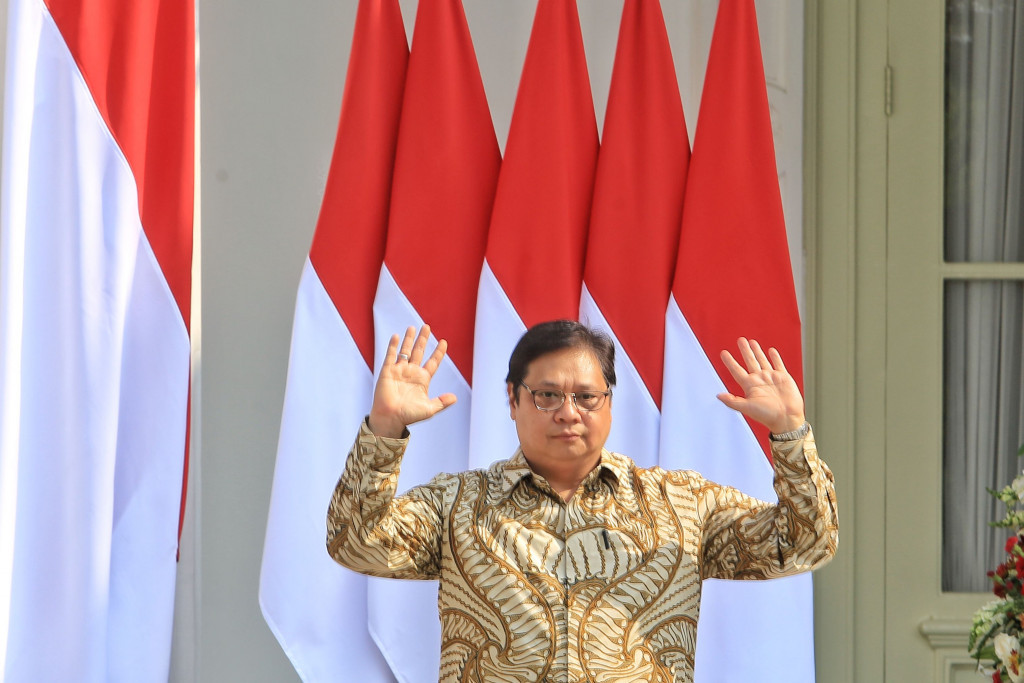Popular Reads
Top Results
Can't find what you're looking for?
View all search resultsPopular Reads
Top Results
Can't find what you're looking for?
View all search results‘Authorities will not be taken away’: Government dismisses concerns over sweeping omnibus bill
Article 170 of the draft omnibus bill on job creation stipulates that the government will be able to revoke laws simply by issuing government regulations in a bid to resolve complaints from businesspeople.
Change text size
Gift Premium Articles
to Anyone
T
he government has dismissed concerns the omnibus bill on job creation will centralize power under the president as lawmakers express concern the bill will be a setback for democracy.
Coordinating Economic Minister Airlangga Hartarto said the president would only be able to revoke regulations issued by administrations below the central government, including regional bylaws and ministerial regulations, based on the country’s regulation hierarchy.
“[The president] will not take authorities from governors or regents,” Airlangga told a media briefing in Jakarta on Monday evening.
Read also: Omnibus bill has authoritarian bent: Lawmakers, experts
Article 170 of the draft bill, a copy of which was obtained by The Jakarta Post, stipulates that the government will be able to revoke laws simply by issuing government regulations in a bid to resolve complaints from businesspeople. The government can consult with the House of Representatives leaders to devise such regulations.
The omnibus bill, submitted to the House for deliberation last week, also gives the president the authority to revoke provincial and regency/city-level bylaws as well as gubernatorial and regency/mayoral regulations that contradict central government regulations by issuing presidential regulations.
According to the Constitution, a law can only be revoked by a regulation in lieu of law (Perppu) issued by the president with the House's approval.
In a 2017 ruling, the Constitutional Court prohibited the central government from revoking bylaws and handed that authority to the Supreme Court.
The government has high hopes the bill will cut red tape and improve ease of doing business as it seeks to attract investment to boost the country’s sluggish growth. Indonesia’s economy grew by 5.02 percent last year, the slowest rate in around three years, as investment and exports weakened.
Read also: Omnibus bill allows President to scrap bylaws, weakens regional administrations
Airlangga said the proposed regulatory changes would allow the country to cut bureaucratic red tapes.
Separately, Gerindra Party lawmaker Sodik Mudjahid of House Commission II, which oversees home affairs, said the bill had triggered a debate about whether Indonesia was on a path to becoming an authoritarian country.
"This will be a setback to democracy. The executive will become so powerful that it will become authoritarian,” he said.
“It's contrary to the spirit of reformasi," he added, referring to the reform movement that followed the downfall of president Soeharto. (awa)










